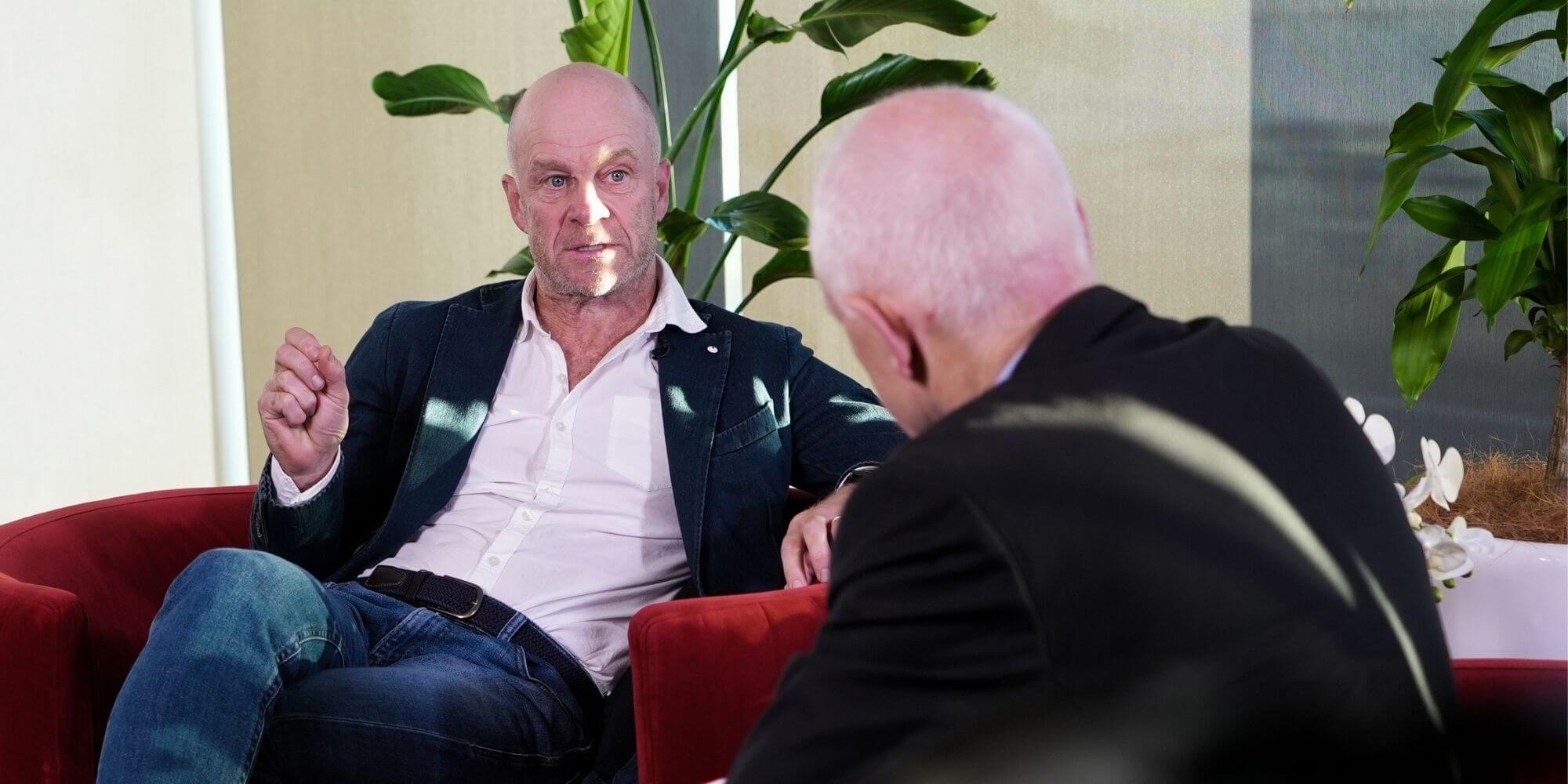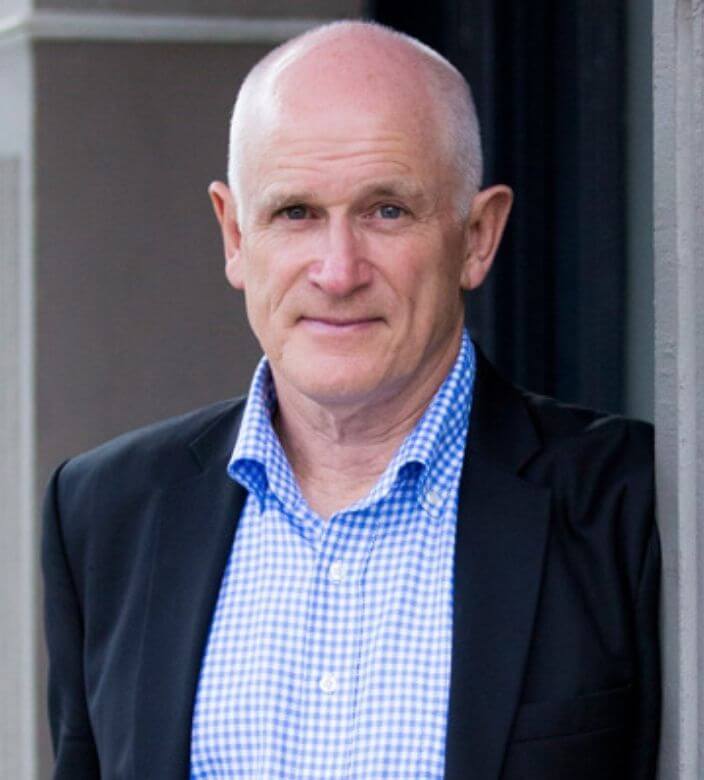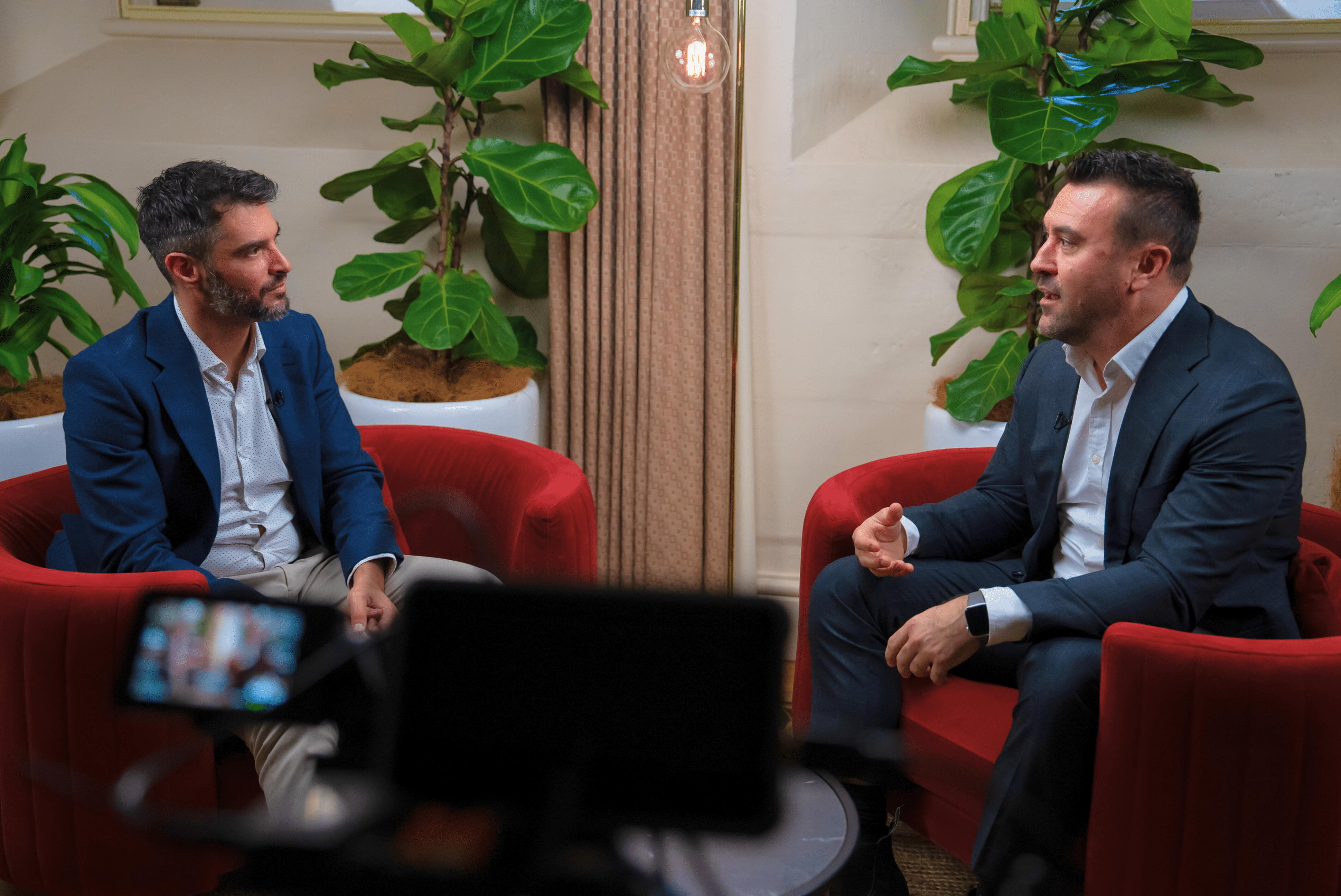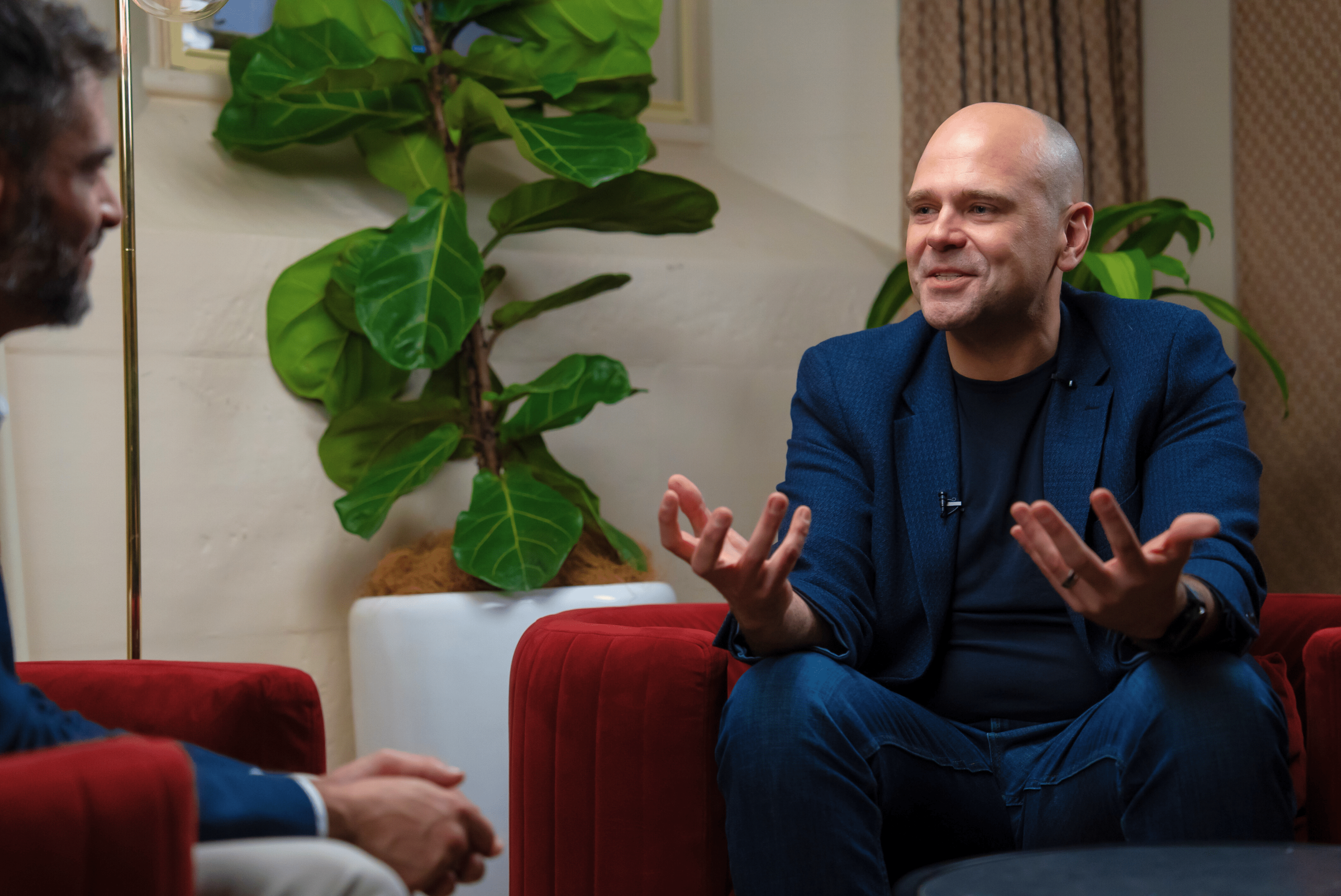As Western Sydney University’s Chief Student Experience Officer, Michael Burgess is the executive lead on platform implementations, policy development, and business strategy to deliver an outstanding experience for the university’s students.
Speaking at ADAPT’s Digital Edge, Peter Hind, Michael discusses how to take your organisation’s stakeholders on the digital transformation journey.
The traditional education sector’s business models are threatened by global commercial players such as Google and Microsoft.
To Michael, providing this external, global context to your stakeholder is key to gaining stakeholder buy-in for your digital initiatives.
He also shares how COVID has challenged their BAU cyber risk operations and how he seeks to maintain the operational benefits of hybrid ways of working.
Peter Hind:
Could you tell us a bit about your role at Western Sydney University?
Michael Burgess:
Sure. I’m the Chief Student Experience Officer, and my role’s fairly broad and very interesting.
I oversee, I’m responsible for student experience, or customer experience as I like to call it.
I also oversee many service channels across the institution, strategy, customer strategy, and several other facets.
Peter Hind:
My observation is that probably after tourism, the most, the industry sector that’s been most impacted by the COVID-19 lockdowns has been the university sector.
You said you came into the university as a change agent, and that was thrust onto your plate. How has this changed the university?
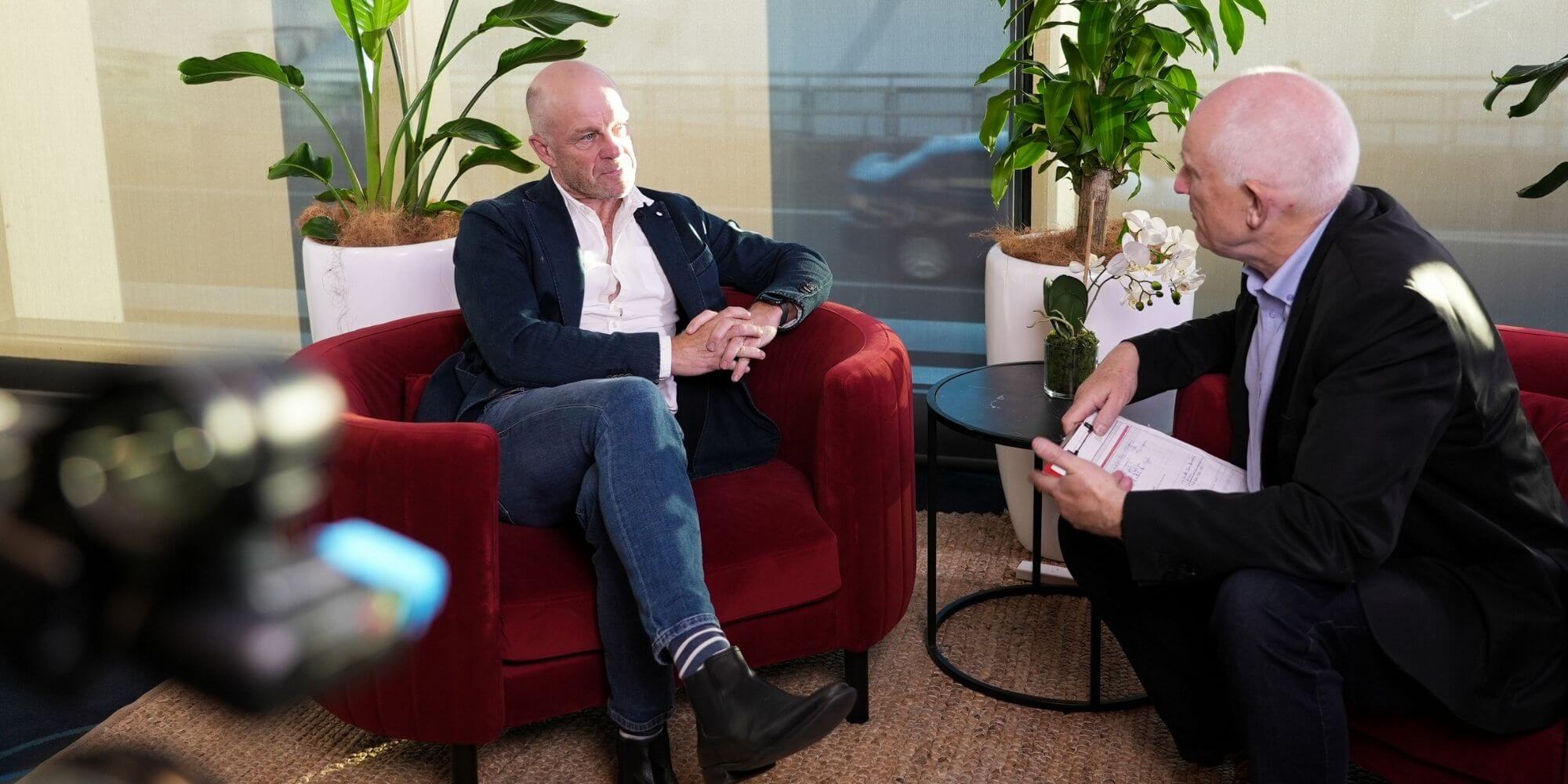
Michael Burgess:
Yes, it’s interesting.
Firstly yes, the higher ed sector was the third biggest export earner behind travel and tourism. Bizarrely, we’ve probably leapfrogged them now, even though we have problems ourselves for obvious reasons.
How has it changed? Interestingly, the whole COVID situation has changed us in several ways.
I led our crisis management or still lead our crisis management team for the last 14 months. That’s been a fascinating journey.
It’s fascinating that it’s a once in a lifetime experience in a way that you never have, but one thing it taught us is that we can do things vastly different from how we’ve always done them.
We can move incredibly quickly. We can make decisions very quickly, and we can innovate in a way that we would never have imagined.
Peter Hind:
Mike that must be very confronting for university, which, forgive me, probably is complacent.
It’s having a way of operating for hundreds of years, and suddenly it’s being challenged. A lot of internal employees would be, I feel very threatened by that, I would think.
Michael Burgess:
It can be very confronting. It can also be very liberating.
It’s been really interesting to see how the institution has changed culturally, and the appetite for change and innovation has grown because of it.
There’s a lot of questioning now about the way we have done things in the past. Quite rightly too. Why do we do things? One thing that COVID has taught us is, we’ve made assumptions, particularly around risk.
If there’s one thing we’ve proven, a lot of the stuff we used to do to mitigate against risk was a complete fallacy.
Peter Hind:
The heavy government structures that we put in were an impost on the university being an effective organisation.
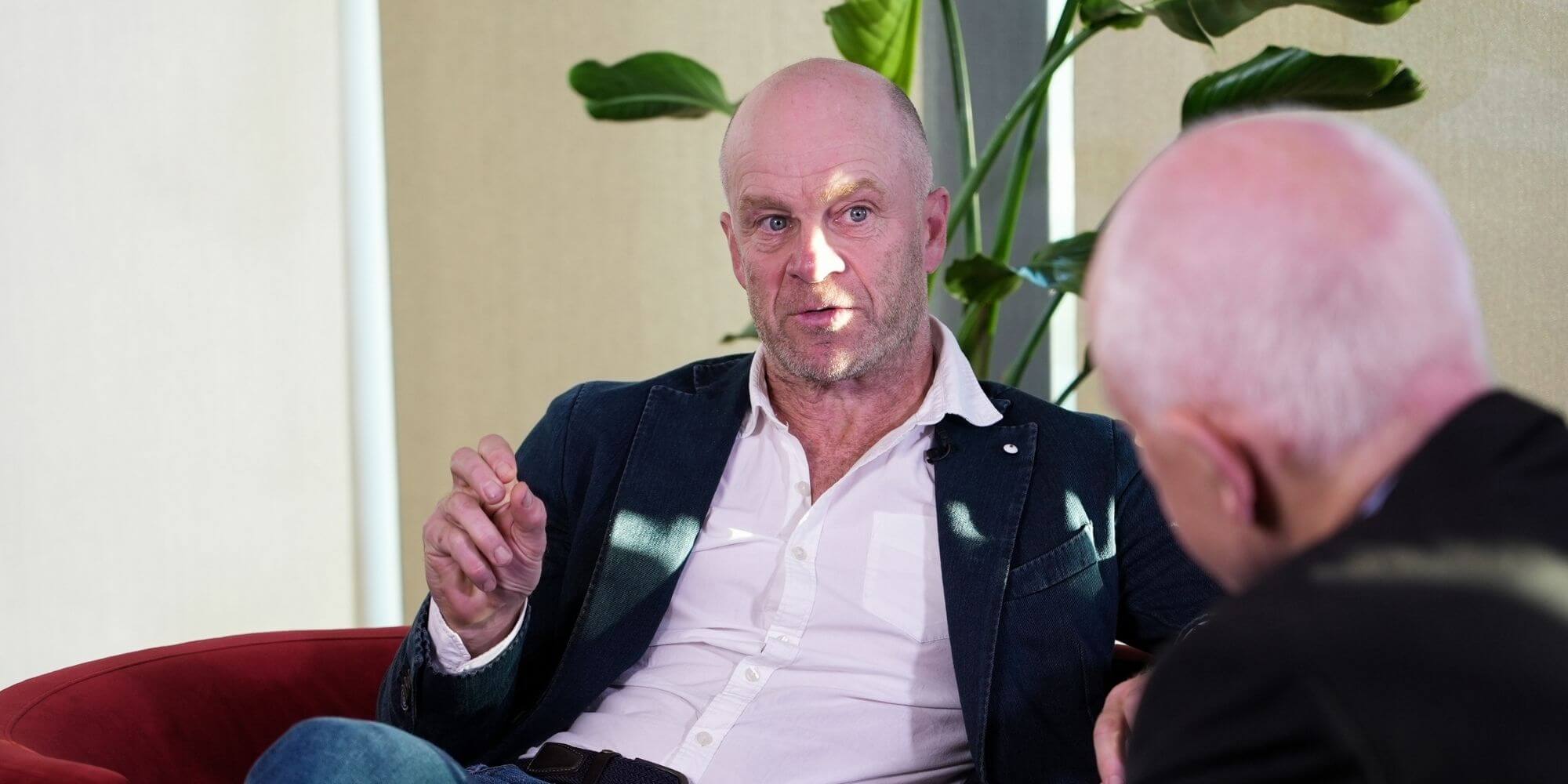
Michael Burgess:
I believe so. Risk management, if overdone, is a huge risk in itself,
Particularly when it comes to innovating and moving forward.
Peter Hind:
What do you think, how do you think we can cement these ways of working?
Because we hear this talk, how do we get people back to the office? That old thing of how do we get back to the old ways of doing things?
Can we retain these ways?
Michael Burgess:
We can, but it takes a lot of effort, and it takes a lot of courage.
Given my role and given who I am within the institution, I have been one on the front foot, talking about what we’ve done differently and the benefits we’ve got from it and the importance of not losing that.
Yes, you do revert to old ways, and you need to call it out, and you need to resist it. That’s a leadership and a cultural challenge that we need to apply ourselves to.
Peter Hind:
Mike, as the change agent for digital transformation in an organisation like the university, how do you engage with your stakeholders about what is the possibilities?
They’ve been enthused by what COVID has delivered, but how do you open their minds to where we can extend this and take it further?
Michael Burgess:
It’s a great question. That’s a very interesting challenge, particularly in a very established sector and what you would say is a sector that hasn’t changed a lot over a long time.
Firstly, it’s about providing context and particularly external context what’s happening in the world.”
The degree to which technology is disrupting and turning on its head, sectors, the way we operate, how we think, and the expectations that consumers have provided all of that and competition and the risk of emerging competition.
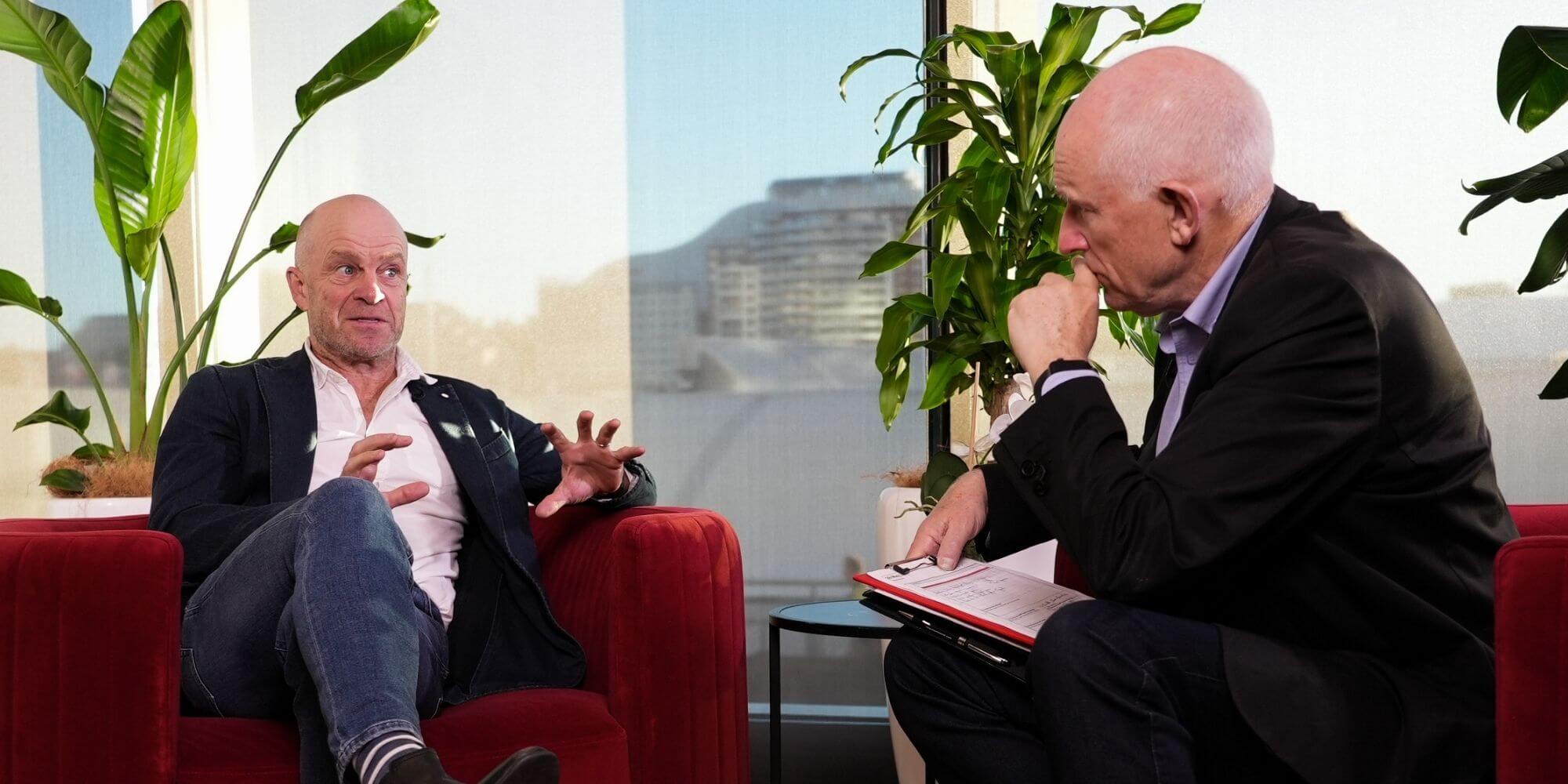
Now that’s not something that universities have traditionally been good at doing because they haven’t had to worry about it. Providing that context and providing a compelling view of what’s happening globally is a good starting point.
Peter Hind:
That’s almost a reality check because it’s always almost telling people that there’s disruption on the horizon. The business model of the university has changed quite significantly in the last 12 months.
You don’t have to go to a lecture theatre and huge amounts of real estate and have somebody lecture to you.
You can study online if you want to at your convenience; you can condense courses all of these sorts of things that suit the customers better but opens you up to global threats against you.
Michael Burgess:
You’re right. It’s the business model of higher education changing much more rapidly than the university’s business model. That’s the risk for universities.
You’ve got commercial players now starting to bridge what they perceive to be a big education gap, particularly in areas like technology.
You’ve got the Googles and the Microsofts of the world coming in aggressively to fill that gap.
Peter Hind:
Google runs a coding course that they equate to a four-year degree.
Michael Burgess:
Yes, correct.
You can do a Google certificate in several different disciplines, including coding, which takes you eight to nine months, $900. They equate that to be the equivalent of a four-year degree, and they’re hiring on that basis.”
That’s one example I could give many, but if that’s not a canary in the coal mine in the traditional way of educating, I’m not sure what is.
Peter Hind:
It would help if you got your stakeholders alert. They’ve got to be on top of avoiding that disruption to them.
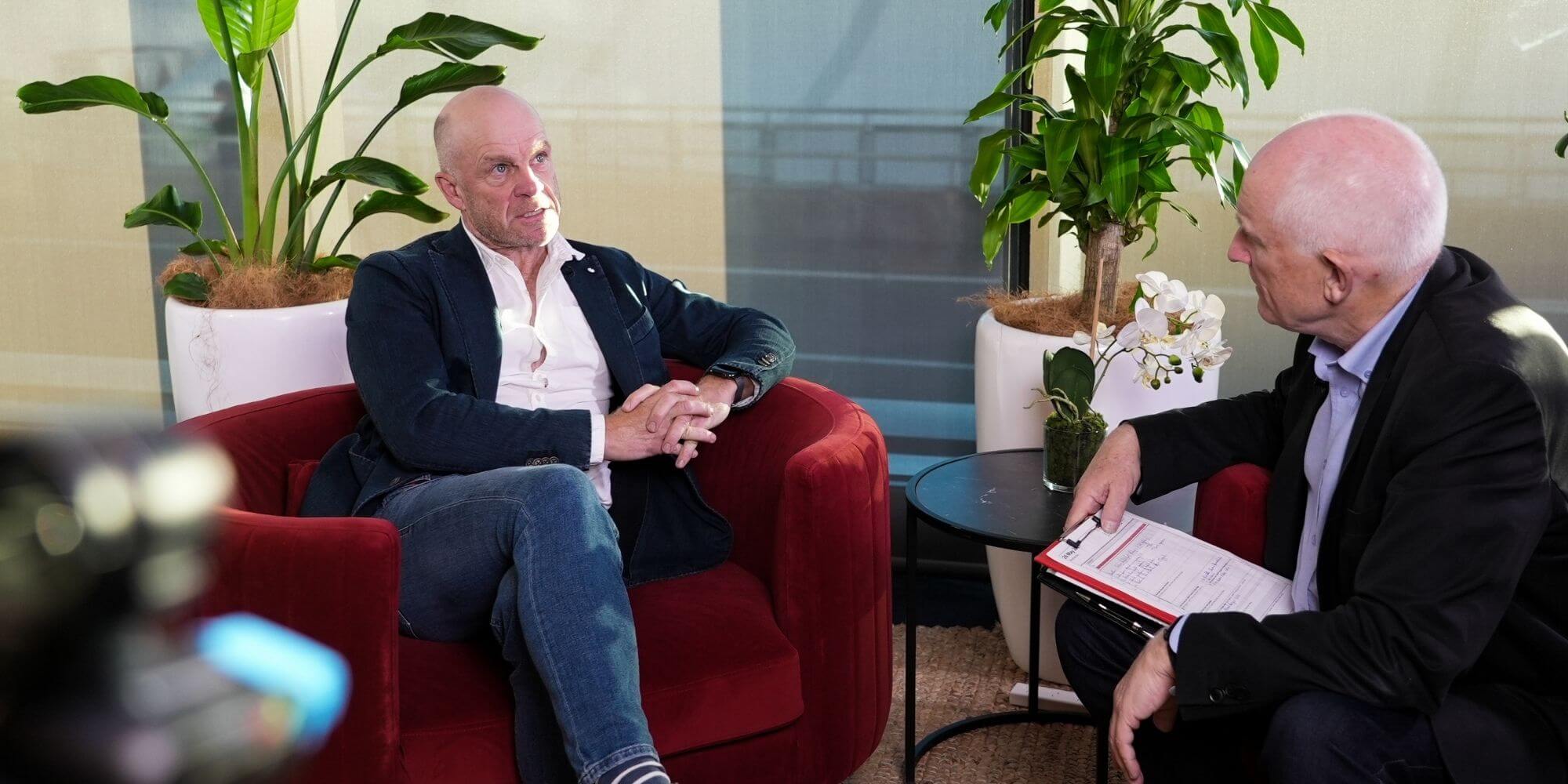
Michael Burgess:
Yes, and without becoming a backyard psychologist, the challenge with that is you need to provide that context, but then you also need to provide an answer to it because if you create dissonance and you don’t have an answer to the solution
You don’t get very far.
Peter Hind:
You can’t say the sky is falling in; the sky is falling in you’ve got to think of alternatives. You’ve got to, and part of that then opens people’s minds to what others do as to where and in different industries?
Michael Burgess:
Right. I am very aware of ensuring that I continue to reach out to other industries, other verticals.
As a sector, higher education has spent way too much time and continues to benchmarking itself. Now the bar’s too low there, and that’s not where change is coming from.
It’s really important to reach out and to learn from the best in whatever aspect you’ll hear.



















